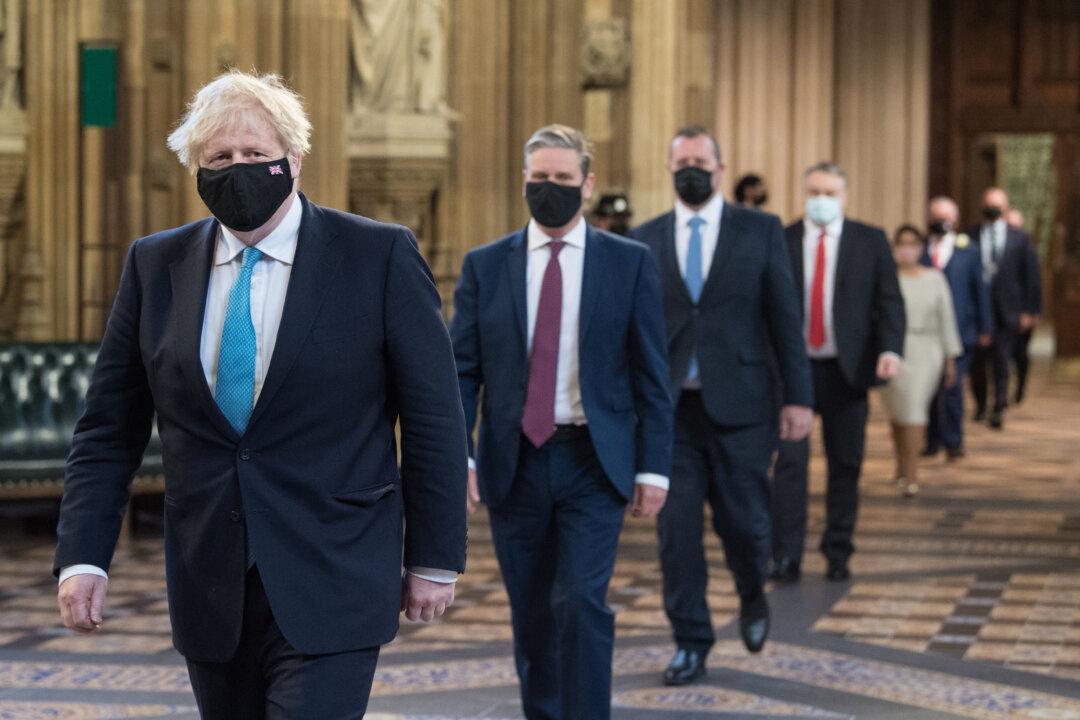Index on Censorship has become the latest free speech organisation to lambast the UK government’s Online Safety Bill, describing it as “catastrophic.”
The draft bill aims to protect adults and children from both illegal and legal “harms” online, and has been described by both critics and supporters as the most ambitious attempt to regulate the internet in the free world.





